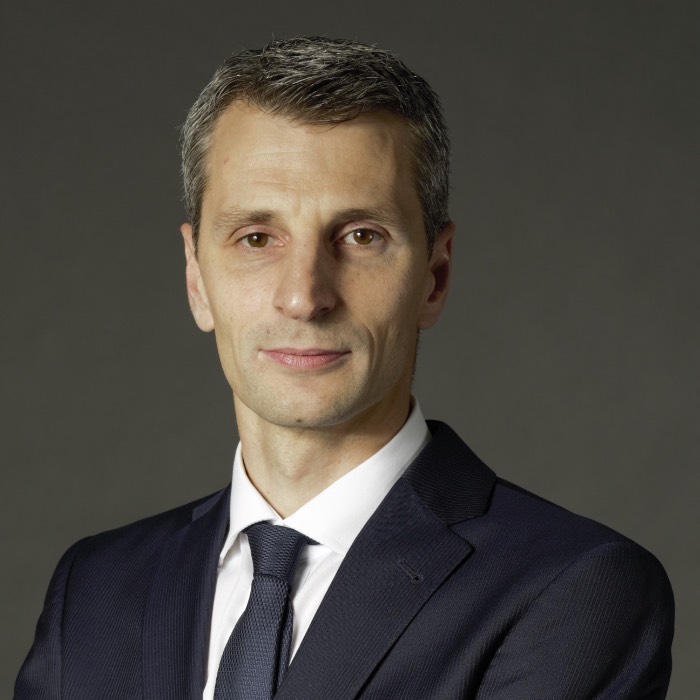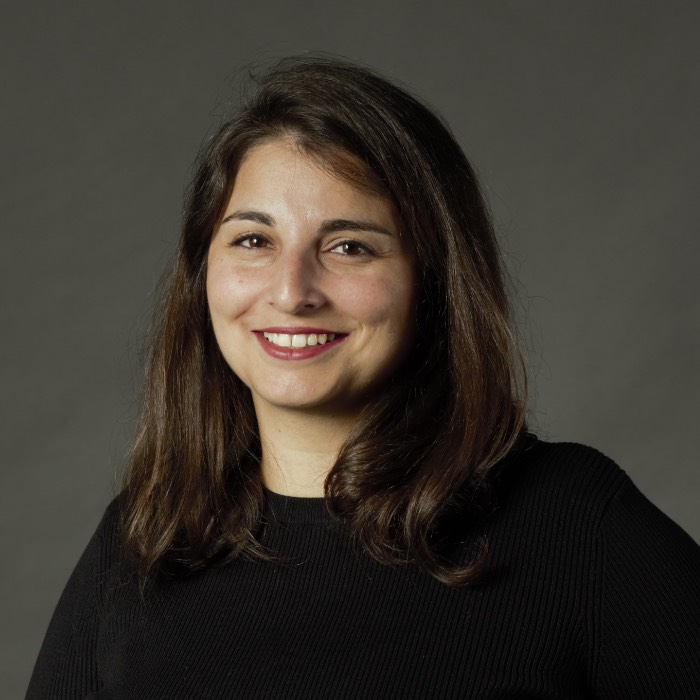Discussing what motivates them in their challenging work, senior officials at the Financial Intelligence Analysis Unit (FIAU) explain that they take pride in the work they do, and that its “far reaching implications” make “the long hours, long nights, and weekends” required “rewarding”.
Speaking as part of this week’s episode of The Boardroom aired live on WhosWho.mt's Facebook page and hosted by business writer and presenter Jo Caruana, three senior figures in the FIAU explained the role of the organisation, the challenges it faces, and how its staff aim to surmount these.
The participants, from a range of positions in the organisation, explained what keeps them motivated when facing obstacles, and what their work involves.
Alfred Zammit is the Deputy Director of the FIAU, having joined the Unit in 2010. He is responsible for assisting the Director in providing strategic direction to the various sections of the Unit, including the Intelligence Analysis Section, the Supervision and Enforcement section and the Legal Affairs section.
Asked what motivates FIAU employees to overcome challenges, he explains that by fighting money laundering, staff at the organisation are also fighting crime, because money laundering is how criminals are able to profit from such malignant crimes as human trafficking, drug trafficking, and even murder.

Alfred Zammit: Deputy Director at FIAU
Therefore, by depriving criminals of the gains and proceeds of their crimes, he comments, the FIAU can help discourage actual criminal activity.
Confiscating criminal gains, Mr Zammit says, can be a much more effective punishment than just sending them to jail which “they might be okay with”, as it renders their crime pointless in the first place.
Explaining how the FIAU helps deprive criminals of their ill-gotten gains, he says that one of its most important roles is as a “filter” between reporting entities such as banks and the police.
Essentially, local reporting bodies (such as banks), are required to monitor transactions and identify suspicious ones, he says. These can include sudden large transactions not in line with their established profiles for either the beneficiary or benefactor. When an entity spots one of these, it is required to pass on the “suspicious transaction”, to the FIAU.
From these reports, of which Mr Zammit says the FIAU received over 5,000 in 2020, the organisation prioritises cases for further investigation and the commitment of additional resources. For those reports it identifies as reflecting “reasonable suspicion”, it passes on its analysis to the local police, who continue the investigation.
Consuela Marzi is a Senior Manager in the Supervision sector. Her team is responsible for supervising Designated Non-Financial Businesses and Profession through various supervisory methods.
Asked what she thinks motivates workers at the FIAU to overcome obstacles and challenges, she identifies that combatting money laundering and the financing of terrorism has “really far-reaching consequences” which have the potential to “affect us all”.

Consuela Marzi: Senior Manager in FIAU Supervision team
“Allowing money laundering to flourish creates significant obstacles for development”, she says. Additionally, she comments that money laundering can cause major reputational damage to a jurisdiction and that the fight against it, therefore, is much more than only combatting tax avoidance.
She concurs with Mr Zammit that clamping down on money laundering has wide-reaching impacts on crime. “If [criminals] cannot enjoy the proceeds of their crime”, it becomes less appealing, she explains.
To put into perspective why the fight against widespread money laundering is so critical, she cites astronomical estimates by the United Nations Office on Drugs and Crime that the amount of money laundered worldwide is between €715 billion and €1.9 trillion annually.
Asked how the FIAU fights money laundering and the funding of terrorism in practice, she explains that the organisation’s operation is based on two pillars – namely the identification of risk and the supervision of mitigating factors.
The supervisory function, Ms Marzi says, is carried out on a risk-based approach where higher risks are allocated more resources. This is an approach that relevant bodies internationally have been moving towards in recent times, she comments.
Kicked off by the global Financial Action Task Force (FATF), this transition in philosophy involves the FIAU determining the frequency and regularity of its investigations of particular subjects based on risk assessments profiles. This is necessary, she comments, because otherwise the number of subject persons the FIAU monitors – over 2000 – would be prohibitively large.
The principle of this new “risk-based” approach, she says, is to ensure that resources are allocated reflecting priority.
Clara Borg Bonaci manages the Guidance and Outreach section within the FIAU’s Legal Affairs Department. This section is responsible for identifying areas for improvement in the implementation of AML/CFT obligations by subject persons, and then addressing these needs through concrete action plans.
The impact of the work that the FIAU does, she says, is not always immediately obvious, but it has a deep and meaningful purpose. Employees are “driven to work through the long hours, long nights, and weekends” they sometimes have to, by the knowledge that their work “has a purpose”.

Clara Borg Bonaci: Manager of Guidance and Outreach within FIAU Legal Affairs Department
As such, she comments, “the people here are very passionate about what [they] do”.
The FIAU does not stand alone in its fight against money laundering though, she emphasises. Rather, the organisation is part of a “much larger chain” of organisations both locally and internationally.
Naming a few, she identifies the Attorney General, Customs and the Assets Recovery Bureau locally. Additionally, the FIAU exchanges and shares information with its international counterparts and “even the companies and the professionals that we regulate have a role to play in preventing money laundering”.
As Malta’s position as a leading international business hub has been solidified, the FIAU has come to the forefront of attention, standing as one of the nation’s primary line of defence in the war against money laundering and the financing of terrorism.
With the organisation facing increasing scrutiny in recent years following Malta’s shock failings in a 2019 Moneyval assessment, it has seen itself overhauled, and its operations dramatically expanded.
As part of this ongoing expansion, it says it plans to increase its headcount to 150 by 2022.
Reflecting in a report, titled “Malta Financial Services Oversight”, the authority says that alongside the increase in staff numbers, it will continue to invest in IT tools, resources, and staff training to meet its commitments, and expand the operations that it says “are already bearing fruit”.
“The outcomes of this investment have been clearly reflected in both supervision and enforcement activities”, the FIAU suggests in the report.
In 2020, the FIAU conducted “numerous administrative measures including, among others, 20 administrative penalties from compliance reviews to the tune of €3.8 million across all supervised subject persons”.
Main Image:
